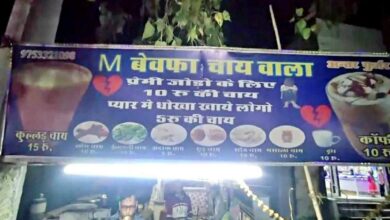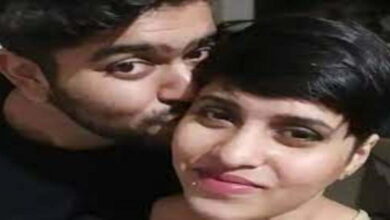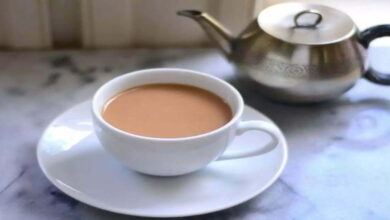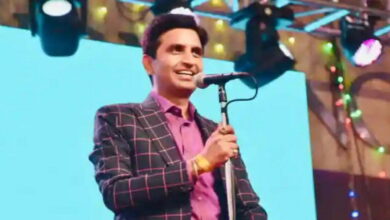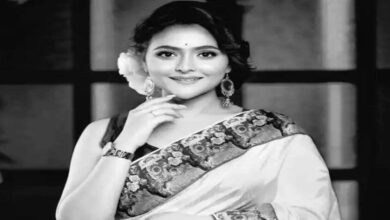Then I remembered that dark day!

Today, after 46 years, I remembered again the black day of 26 June 1975. On the midnight of 25 June 1975, President Fakhruddin Ali Ahmed blindly signed the declaration of emergency. Prime Minister Indira Gandhi’s brother-in-law had cut the electricity of many big newspapers of Delhi and that news was not published in the newspapers which were published early in the country. I was in Indore that day. Early in the morning I would like to visit my close friend and the RSS. The preacher of Kuppa went to meet C. Sudarshanji.
He was undergoing treatment for a bone fracture at a hospital in Jawahar Marg. As soon as he opened his transistor at 8 in the morning, the first news was that emergency had been declared in the country. I immediately reached the office of the then best Hindi newspaper ‘Nai Duniya’ from there. I started writing in it from a young age. At that time it was believed that it was a Congress newspaper. All prominent people including its owner Labhchandji Chhajlani, editor-in-chief Rahul Barpute and editor Abhay Chhajlani were present in the office.
On my suggestion, it was decided that leaving the editorial space blank was the best form of protest, as a ban had already been announced for protesting against the Emergency. I came to Delhi after taking the afternoon train. I was the co-editor of ‘Navbharat Times’ (the largest newspaper of the country) at that time. Editor Shri Akshay Kumar Jain called a meeting of all the journalists and gave strict instructions not to oppose the Emergency. After the meeting I told Akshayji that I would resign. I will not write a single word in favor of the government.
He said that you are an expert in foreign affairs. I will not get you to write any editorial on national politics. On the second day, Kuldeep Nayyar called a meeting of journalists of Delhi in the Press Club to protest against the Emergency. First was his speech, second was mine. I asked all the journalists present to sign the letter of protest against the Emergency. Within two to three minutes the whole place was empty.
In those days, whatever editorial or article we used to write, it had to be sent by a peon to a Malayali officer sitting in Shastri Bhavan. He used to print only when he was yes. In June 1976, the great book ‘Hindi Journalism: Various Dimensions’ edited by me was released at Rashtrapati Bhavan. Vice-President B.D. Several senior Union ministers and hundreds of journalists, including Jatti, were present from across the country. But I did not invite Prime Minister Indiraji there.
I told Akshayji that if you invite him, I will not sit on the stage with him, although Indiraji knew me very well and I had great respect for her but during the Emergency, my father (Indore) and Jayprakashji, Chandrashekharji, Atalji, Morarji Bhai and many socialist and Jan Sanghi friends were imprisoned.
During the Emergency, Madhu Limaye, George Fernandes, Kamlesh Shukla, Swami Agnivesh, etc. had some kind of contact with friends. Many socialists, Jan Sanghis and former Congress leaders also used to live secretly in my house in Safdarjung Enclave. Wherever my speeches took place in those days, I criticized the Emergency, once at a function of Jabalpur University in the presence of Information Minister Vidya Charan Shukla. Many other memoirs ever again!


